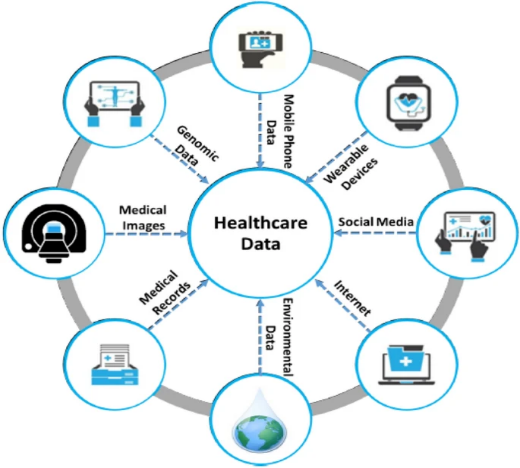Machine Learning for Predictive Analytics: Application in Healthcare
Main Article Content
Abstract
Machine learning (ML) is transforming healthcare by enhancing disease diagnosis, treatment planning, and operational efficiency. By leveraging vast amounts of medical data, ML algorithms assist in early disease detection, risk assessment, and personalized medicine. Predictive models analytics electronic health records (EHRs), medical imaging, and genetic data to diagnose conditions such as cancer, cardiovascular diseases, and diabetes with improved accuracy. These advancements reduce human error and enable faster, data-driven decision-making.
Personalized medicine is another significant application of ML, where treatment plans are tailored based on a patient’s genetic profile and medical history. ML models help optimize drug prescriptions and predict treatment responses, improving patient outcomes while minimizing adverse effects. Additionally, decision support systems powered by ML assist healthcare professionals in diagnosing complex cases and recommending evidence-based treatments.
Beyond clinical applications, ML enhances healthcare operations by predicting hospital admissions, optimizing resource allocation, and automating administrative tasks. Medical imaging analysis using deep learning automates the detection of abnormalities in X-rays, MRIs, and CT scans, increasing diagnostic accuracy and efficiency.
